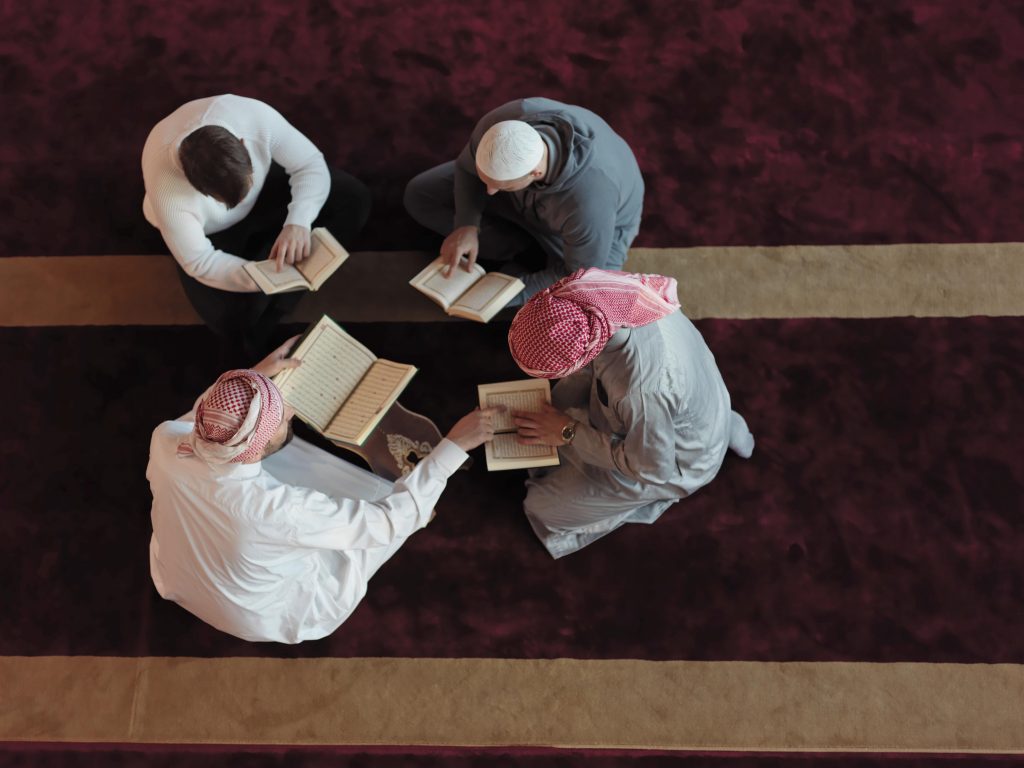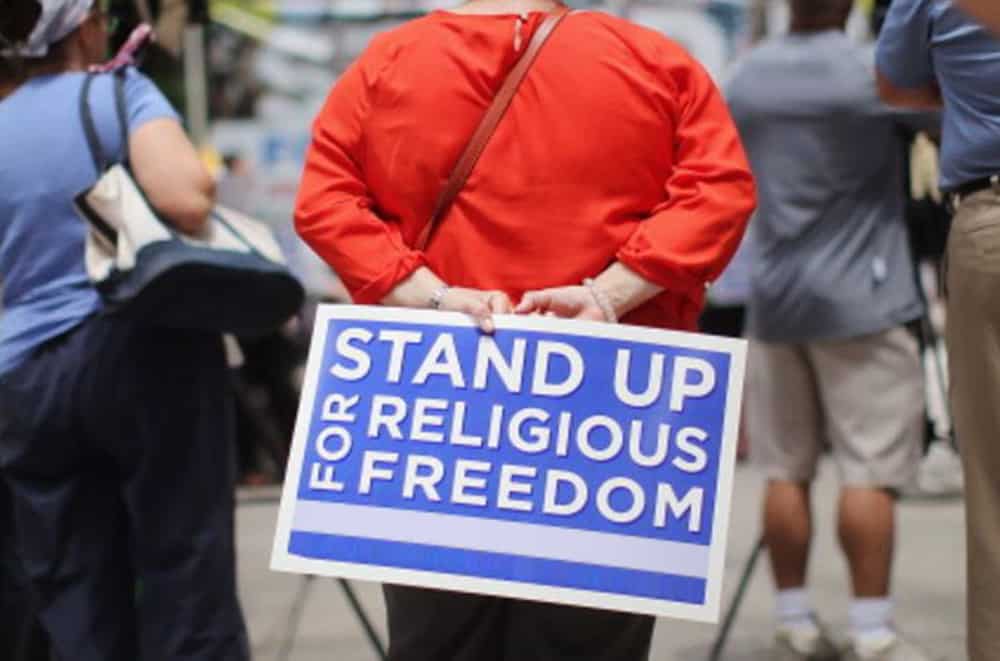
The global religious, ideological and philosophical landscape has become more diverse and richer in recent decades. At the same time, however, the number of non-denominational groups has also grown in an increasingly secularised but also polarised digital society.
In this context, the role of moderate religious education has become more important because of the significant role it can play in promoting religious freedom among communities, and most importantly it can significantly contribute to social cohesion. Religion and ethics are indispensable dimensions of humane education at primary school levely. Wherever the elementary school sector is shaped and institutionalised by the state, care must be taken to ensure that all children are able to orient themselves both religiously and ethically.
Religion can be a protective factor for individuals, and it can serve to strengthen them. It gives individuals the feeling, already even in childhood, that their lives have meaning and significance, and a belief that despite hardship and pain things can and will work out in the end.
Through education, communities can learn about the benefits of respecting diversity and at the same time ensure that religious rights do not threaten the rights of others. Religious education also has a role in fostering interreligious tolerance and understanding.
From IFFSE’s point of view, countries with strong secularisation processes need a new approach to religion and religious competence, which must be better imparted in schools, universities and educational institutions in order to strengthen spiritual resilience, social cohesion and the value of religious freedom, especially in times of crisis like we are witnessing today.

